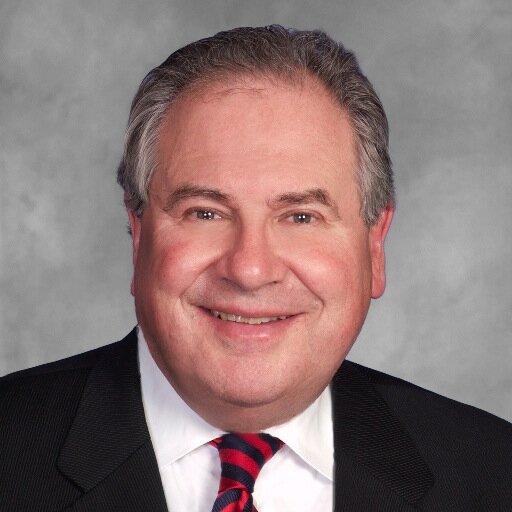BOB SALSBERG, Associated Press
BOSTON (AP) — The Massachusetts House signed off Wednesday on a measure that would end the state’s longstanding policy of automatically suspending for up to five years the driver’s licenses of people convicted of drug offenses.
The bill was approved unanimously during the first House session of the new year. The Senate approved a similar version of the legislation last year and Republican Gov. Charlie Baker has indicated he supports the proposal at least in concept.
The automatic license suspensions, born in the 1980s as part of a get tough approach to drug crimes, applies even in cases when the violation is unrelated to driving.
Supporters of the bill argued the existing law only makes it harder for offenders to secure jobs and take care of their families after they’ve served their sentences.
“They can’t get a driver’s license and when we expect them to show up at appointments, become dutiful members of their communities, get jobs, access the transportation system, they are unable to do so,” said Rep. William Straus, a Mattapoisett Democrat who co-chairs the Legislature’s Transportation Committee.
Straus noted that the bill would not stop judges from suspending driver’s licenses for people convicted of crimes that involve driving under the influence of drugs. He also pointed to support for the legislation from law enforcement officials including Attorney General Maura Healey, the Massachusetts Sheriffs Association and the Massachusetts District Attorneys Association.
“This outdated state law is an unnecessary barrier and burden for thousands in this state trying to rebuild their lives and stay out of the criminal justice system,” Healey, a Democrat, said in a statement after the House vote.
Before passing, the House added a Republican-backed amendment that would keep in place automatic license suspensions of up to five years for people convicted of trafficking in large quantities of certain drugs, while also allowing those individuals an opportunity to appeal to the Registrar of Motor Vehicles for earlier reinstatement of their licenses.
Thirty-four states have already eliminated provisions automatically suspending driver’s licenses for drug offenses.
House Passes Legislation to Eliminate Automatic License Suspensions for Drug Offenses
Repeal will support individuals as they work to rebuild their lives and gain employment
“We must seize every opportunity possible to help residents reintegrate into society, find fulfilling jobs and support their families,” said House Speaker Robert A. DeLeo (D-Winthrop). “Repealing this law does just that and represents an immediate step we’re taking as we prepare for comprehensive criminal justice reform legislation. I’m proud that it also advances our efforts to help those battling addiction. I thank Chairs Malia, Straus and Dempsey for their diligence and insight.”
“Today, I proudly voted with my colleagues to repeal a 26-year-old state law that automatically suspends the driver’s license of anyone convicted of a drug offense,” said Representative Liz Malia (D-Jamaica Plain), Chair of the Joint Committee on Mental Health & Substance Abuse and the lead sponsor of the original bill. “Too often have I heard from individuals who are in recovery and unable to get a job or support family members because they cannot obtain a driver’s license. Fixing this outdated law removes the barrier and burden faced by thousands of Massachusetts residents who have served their time and are working hard to rebuild their lives. I commend the Speaker on his leadership and for his continued efforts to change how we view and treat those suffering from addiction.”
“I am pleased that Massachusetts will join the majority of states in ending the policy of mandatory license suspensions for drug offenders,” said Representation Bill Straus (D-Mattapoisett), Chair of the Joint Committee on Transportation. “Having heard from law enforcement officials including the Attorney General and the state’s District Attorneys, and public interest groups from across the state, it is clear that this legislation is an important part of the response to the drug crisis.”


